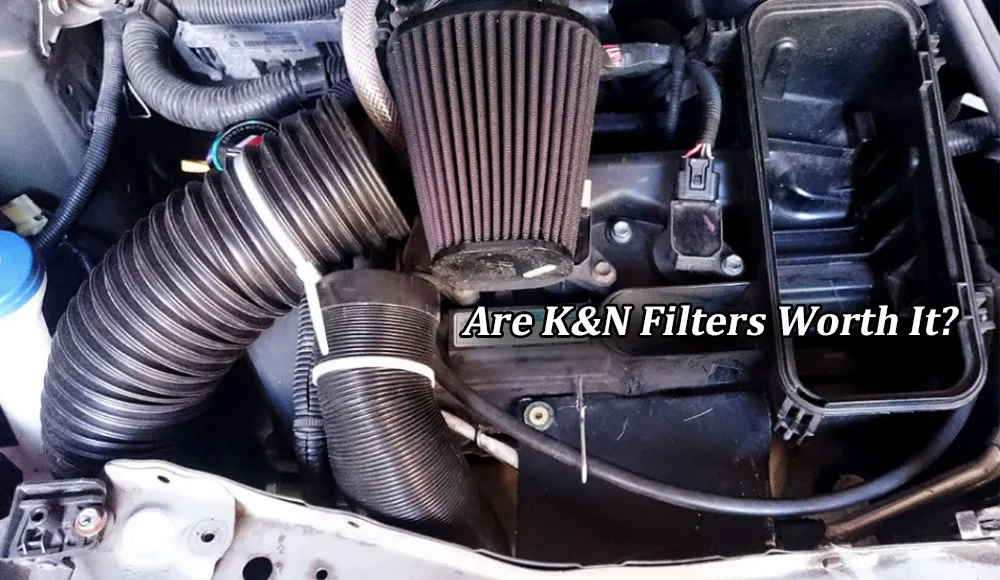As an automotive blogger and enthusiast, I’ve often found myself in discussions about the reliability of luxury SUVs, particularly Range Rovers. Known for their opulence and status symbol, Range Rovers have also gained a reputation for being less than reliable.
In this post, I’ll delve into the reasons behind this perception and explore what makes Range Rovers a complex case of luxury versus reliability.

Historical Overview of Range Rover
The Evolution of a Luxury Icon
Range Rover has evolved significantly since its inception in 1970. Initially designed as a more comfortable and luxurious version of the rugged Land Rover, it quickly became synonymous with high-end SUVs. However, as the models evolved, so did the complexity of their designs, which seemed to inversely affect their reliability.
Model by Model: A Mixed Bag of Reviews
Over the years, Range Rover models like the Evoque, Sport, and Velar have hit the market, each with its unique set of features and issues. While early models were praised for their durability, the newer models have often been criticized for their frequent and costly repairs.
Common Reliability Issues
Engine Troubles and Electrical Nightmares
Range Rovers are notorious for engine problems ranging from minor oil leaks to complete failures. Electrical issues are another common complaint, with many owners facing problems with the in-car infotainment, GPS, and electronic dashboard.
Suspension and Transmission: The Achilles’ Heel
Suspension and transmission problems are also prevalent in Range Rovers, leading to a bumpy ride and less than smooth gear shifts, which is quite ironic for a vehicle that prides itself on providing luxury and comfort.
Design Complexity and Technological Challenges
The Double-Edged Sword of Advanced Technology
In my experience, one of the primary reasons behind Range Rover’s reliability issues is the complexity of its design. The brand continuously integrates cutting-edge technology and sophisticated features, which, while impressive, can lead to more frequent malfunctions.
Over-Engineering: A Curse in Disguise
Range Rovers are often over-engineered. This means that while they offer a plethora of features and capabilities, these can become potential points of failure, thereby affecting the vehicle’s overall reliability.
Maintenance and Repair Considerations
The Cost of Luxury: High Maintenance
Owning a Range Rover comes with high maintenance costs. Regular servicing and repairs can be expensive, and because they require specialized knowledge and parts, you can’t just take them to any local mechanic.
Repair Challenges: Not for the Faint-Hearted
Repairing a Range Rover isn’t straightforward. The complexity of their systems often requires expert attention, and sourcing parts can be both costly and time-consuming.
Consumer Expectations vs. Reality
Expecting a Smooth Ride, Encountering a Rocky Road
Many buyers invest in a Range Rover expecting a seamless blend of luxury and reliability. However, the reality can be quite different. While they offer unmatched luxury, their reliability issues can be a significant dampener.
The Brand Perception Influence
The Range Rover brand carries a certain prestige, leading to high expectations from buyers. Unfortunately, the gap between these expectations and the vehicle’s performance can be quite vast, as evidenced by the experiences of many owners.
Conclusion
In conclusion, the question of why Range Rovers are so unreliable seems to be a blend of their complex design, technological advancements, and the high maintenance they demand. While they continue to be a symbol of luxury and status, it’s important for potential buyers to weigh these factors carefully. As a car enthusiast, I believe that understanding these aspects is crucial when making an informed decision about purchasing a Range Rover. The brand has a lot to offer in terms of luxury and off-road capability, but it’s also accompanied by challenges in reliability and maintenance.


